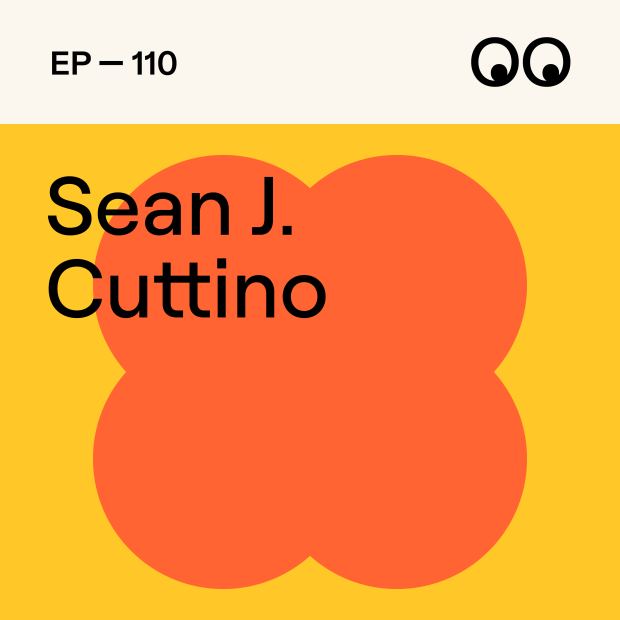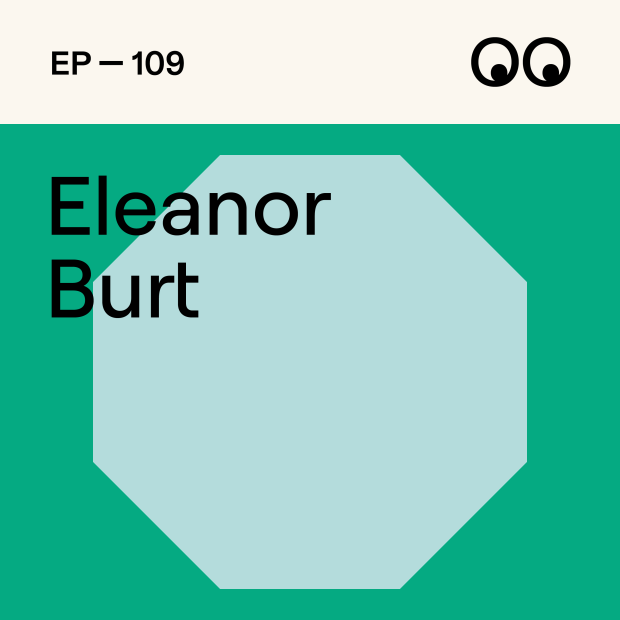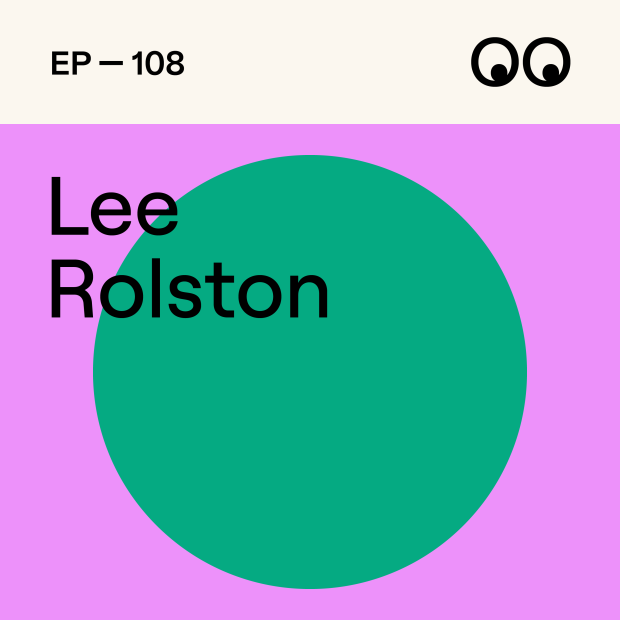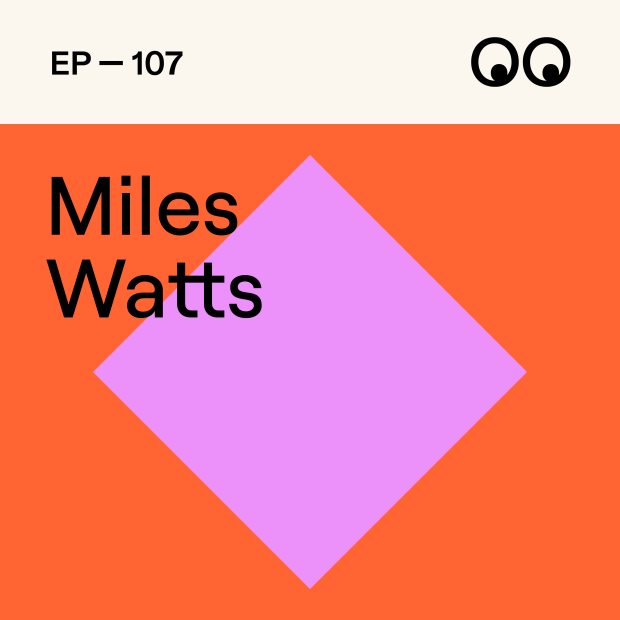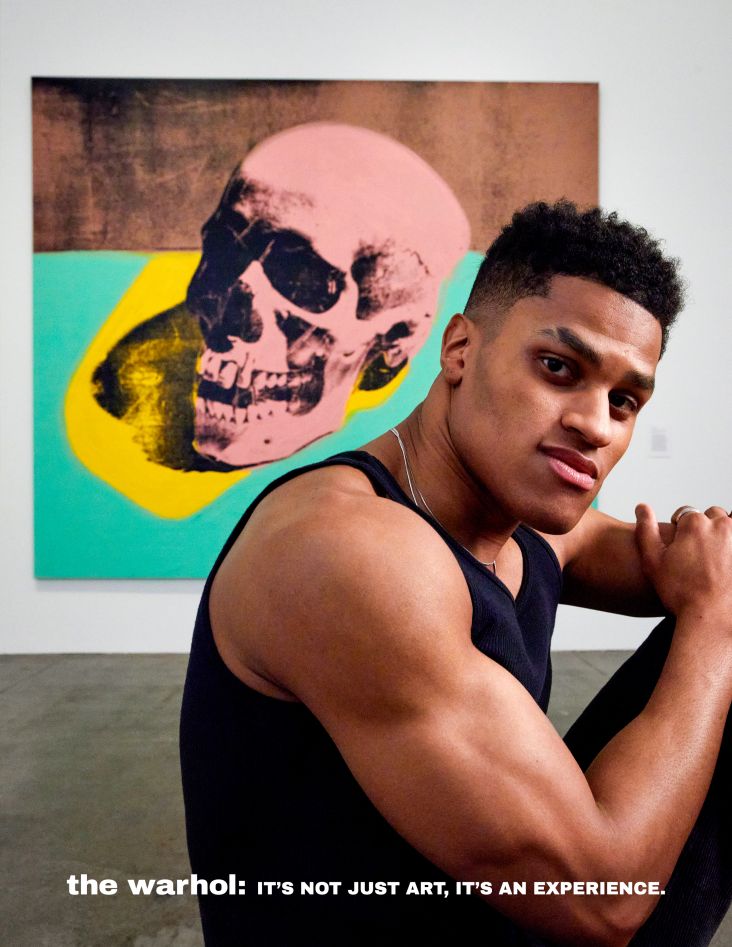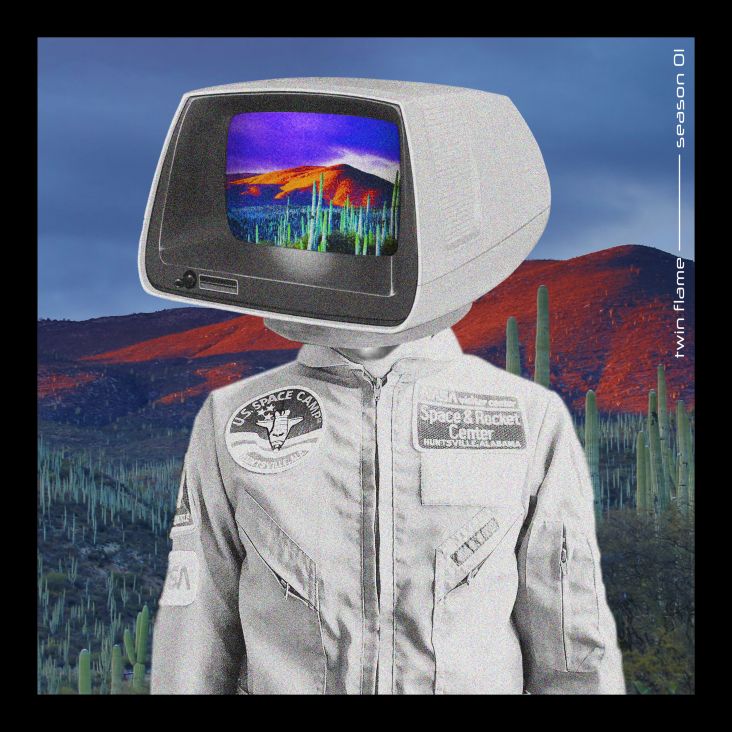10 pieces of advice from famous authors to make you more creative
The world's best-known writers have much to teach artists of all disciplines. Here are 10 top tips to help you grow as a creative professional.
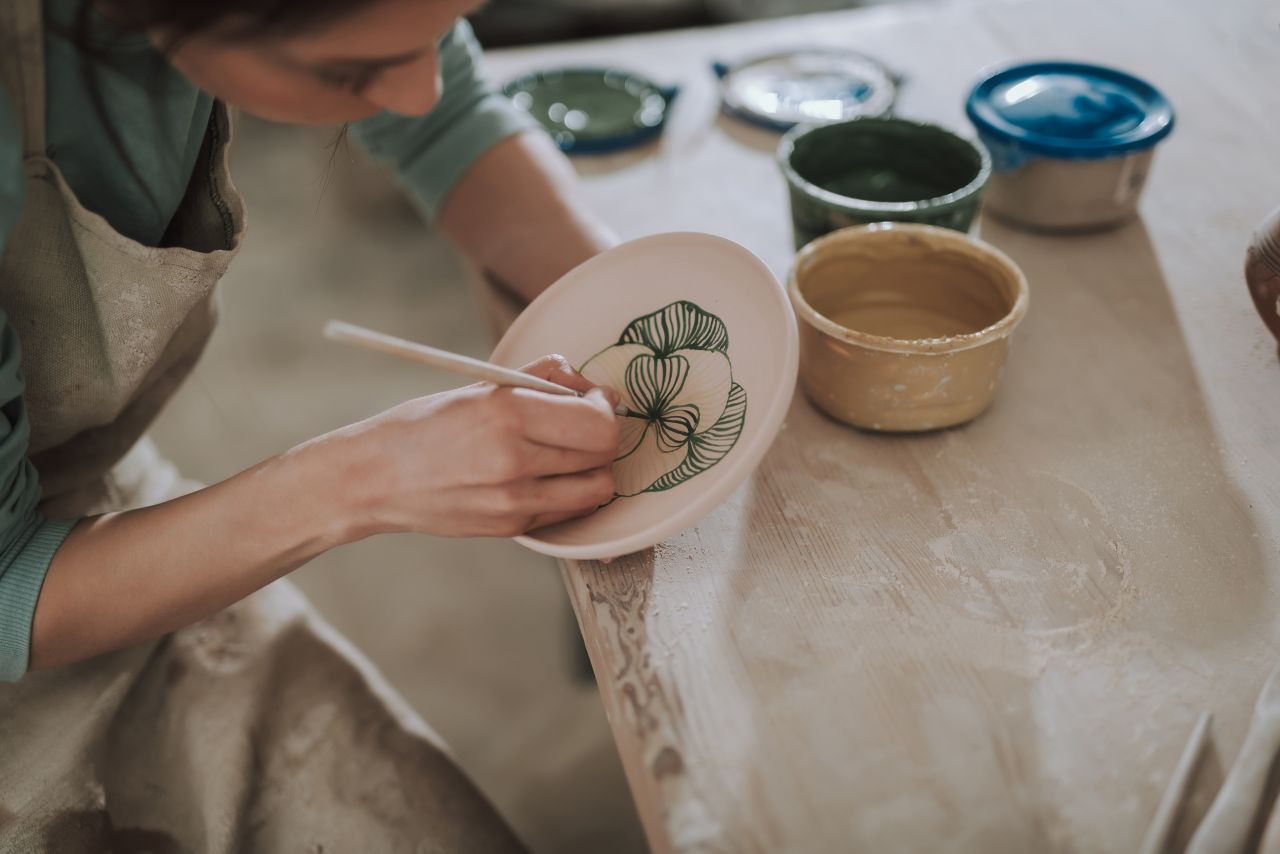
Image licensed via Adobe Stock
If you're a parent, you'll probably still be recovering from World Book Day and all the shenanigans around getting your kid a costume for school. But celebrating the practice of reading isn't just for youngsters. Losing yourself in a good book is one of the great joys of life, whether you're immersing yourself in a world of fiction or broadening your horizons with the design-focused tomes in our own book section.
Weirdly, the writers behind some of the world's favourite books generally get a lot less attention and credit than others in the entertainment world, such as pop stars and actors, perhaps because their faces aren't such an integral part of the content they create.
But you don't get to sell millions of books and make people around the world fall in love with your characters by accident. And so these are creative people who we can all learn from, whatever your discipline.
Best of all, being writers, they're pretty good at sharing their wisdom in the most concise and effective way possible. So, in this article, we'll share some top advice from the world's most famous novelists and explain how we can all benefit from them.
1. Stephen King: "Amateurs sit and wait for inspiration; the rest of us just get up and go to work."
Known as the king of horror, American writer Stephen King's books have sold more than 400 million copies, and many of them have been adapted into hit movies, including Carrie, The Shining, Misery, The Shawshank Redemption and The Green Mile. His advice here goes to the heart of what it means to be a creative. Put simply, it's a lot of hard work.
Although slick biographies and biopics might paint a different picture, in reality, no one wakes up one day with a brilliant idea and becomes an instant success.
It's not about waiting for the 'muse' to hit you. It's about trying, trying, trying and then trying some more to get good at something. It's about putting in the hours until you're so good at something, people will pay you. And then it's about continuing to strive until you find the commercial or critical success you seek.
In other words, don't wait for the lightning bolt to strike. Just go to work.
2. Maya Angelou: "You can't use up creativity. The more you use, the more you have."
Ever heard the phrase 'running out of ideas'? That suggests there's a finite amount of creativity inside all of us. And like the fuel in a car, once it's run out, you won't be able go any further.
One of the most beloved American writers of both the 20th and 21st centuries, Maya Angelou (1928-2014) knew instinctively that this was wrong. She found fame in her forties due to the international success of her first novel, I Know Why the Caged Bird Sings. But she continued writing for the rest of her life, publishing her last book at age 85.
Her words should inspire all of us and empower anyone who fears the 'well' running dry. Instead, like Maya, we should pursue constant experimentation and engagement with our work because our creativity can only grow with use.
3. Ernest Hemingway: "The first draft of anything is shit."
When you scroll through fellow creatives' social feeds, it can be weirdly troubling. Why, you wonder, is other people's stuff so much better than yours? Well, one obvious reason is that people only post their best, finished work and certainly not the multiple failed attempts that end up in the wastebasket.
American novelist, short-story writer and journalist Ernest Miller Hemingway (1899-1961), best known for his 1940 novel For Whom the Bell Tolls, was known for his economical, understated style. And this typically blunt quote from him reminds us that perfection is not a starting point but rather the culmination of a meticulous process.
For creatives of all stripes, Hemingway's words guide us to embrace our rough initial sketches, embryonic designs and nascent ideas and understand that brilliance and refinement don't emerge at the start. Instead, they're forged through an often painful, but ultimately rewarding process of revision, persistence, and an unwavering commitment to honing your craft.
4. Toni Morrison: "If there's a book that you want to read, but it hasn't been written yet, then you must write it."
Toni Morrison (1931-2019) was a Nobel prize-winning American writer best known for her 1987 novel Beloved, which was made into a film the following year. And her advice is one that can be translated to pretty much any creative endeavour.
If there's a website you want to exist, but doesn't, then build it. If there's a film you want to exist but doesn't, then make it. If there's an arts festival you'd like to happen in your area that doesn't exist, then set it up. Yes, you might lack the skills or resources to do any of these things. But if you have the passion and the vision you want to reach, you'll probably be surprised by how quickly you can surmount these obstacles.
Alternatively, you can shrink away from the challenge, bury your head in something mundane, and spend the rest of your life wondering, 'What if?' The choice is yours.
5. George Orwell: "Writing a book is a horrible, exhausting struggle, like a long bout of some painful illness. One would never undertake such a thing if one were not driven by some demon whom one can neither resist nor understand."
English novelist and journalist George Orwell (1903-1950) may have been dead for nearly three-quarters of a century now. But his novels such as Animal Farm and 1984 live on, many of them more relevant than ever. Yet greatness doesn't come easy. And Orwell's visceral description here of the writing process will be familiar to creatives of all kinds.
It doesn't matter whether you're working on a book, an illustration, an animation or a design project. It's typically a tumultuous, emotionally-charged journey, which can be fraught with frustration, self-doubt, and the relentless spectre of burnout.
Yet our creative passion is a force so potent, so unyielding, it compels us to persevere. And it's that unbreakable spirit that leads us, ultimately, to breathe life into our artistic visions.
6. Virginia Woolf: "Arrange whatever pieces come your way."
Virginia Woolf (1882-1941) was an English writer who pioneered the use of stream of consciousness as a narrative device. Her works, such as 1925's Mrs Dalloway, have attracted attention and commentary across the world for inspiring feminist ideas.
Her advice to creatives here is based in pragmatism. Whatever plans we might make, the universe doesn't always play along. And so resourcefulness and adaptability are the hallmarks of the creative professional. We need to work with what we have.
In other words, embrace the chaos, the fragments and the seemingly disparate inspirations that life bestows upon us. And try to craft something beautiful, something meaningful, from the raw materials at your disposal.
7. Kurt Vonnegut: "To practice any art, no matter how well or badly, is a way to make your soul grow. So do it."
Kurt Vonnegut (1922-2007) was an American writer and humorist known for his satirical and darkly humorous novels such as Slaughterhouse-Five. His advice here goes to the heart of what it means to be an artist. In short, it's ultimately not about the results of the creative process, but the process itself, and how it makes you a better human being.
For graphic designers, illustrators and creatives of all disciplines, this quote reaffirms that the act of creation is not merely a means to an end but a profound journey of personal growth, a path to spiritual nourishment and self-actualisation.
So, ultimately, don't worry about whether your work is good or not. Ask yourself what kind of human being you've become by making it.
8. Haruki Murakami: "Most of what I know about writing I've learned through running every day."
Haruki Murakami is an award-winning Japanese writer whose novels, essays, and short stories have become bestsellers both in Japan and internationally. And the quote he provides here offers a broader lesson for creatives: get away from the computer.
Yes, you need to put in the hours at your desk. Ultimately, creativity is born from our experiences in the real world, and there's something primal about exercising out in the open that helps to unlock parts of the mind that might otherwise stay hidden.
Meanwhile, on a deeper level, Haruki urges us to embrace the mundane, the seemingly insignificant daily practices that, when compounded, can yield extraordinary results and help propel us towards creative mastery.
9. Neil Gaiman: "Start telling the stories that only you can tell"
Neil Gaiman is a renowned English author whose best-known works include the comic book series The Sandman and the fantasy novel American Gods. His advice here can be applied to every creative endeavour.
Essentially, he's saying that every one of us has a unique voice based on our own unique experience. Tap into that, and it will help raise your creative work above the crowd, get you noticed, and make content that audiences will truly engage with on an emotional level.
10. William Faulkner: "Read, read, read. Read everything: trash, classics, good and bad, and see how they do it."
William Faulkner was a highly influential American novelist and short story writer who was celebrated for his novels and stories exploring characters' lives in the Southern United States. His works, such as The Unvanquished, are known for their philosophical depth, rich language, and complex characters.
One of the secrets to his success is that he didn't just read novels he personally liked but instead hoovered up everything he could read, good and bad. It's a lesson that creatives today could well take note of, especially if you're living in a social media echo chamber that throws everything you like back at you.
Like 80s indie music? Try listening to metal or country for a change. Enjoy watching arthouse movies? Try a superhero blockbuster and find out why they're so popular. The more you broaden your horizons this way, the more you'll grow as a creative.
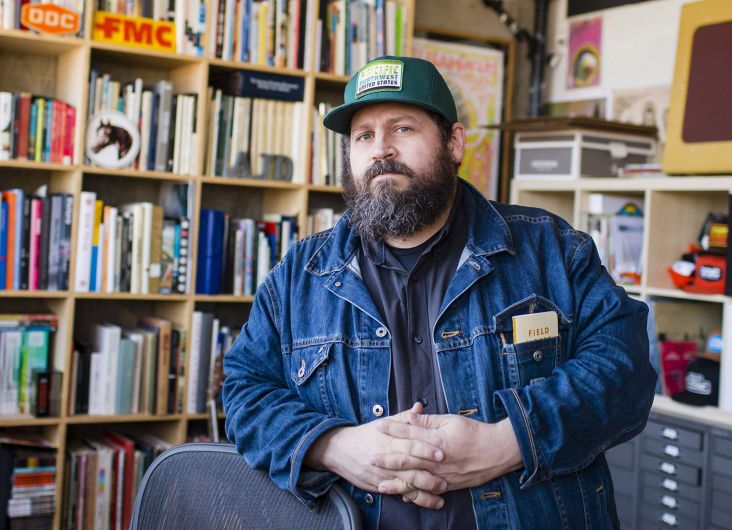

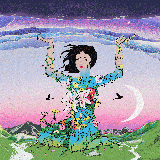
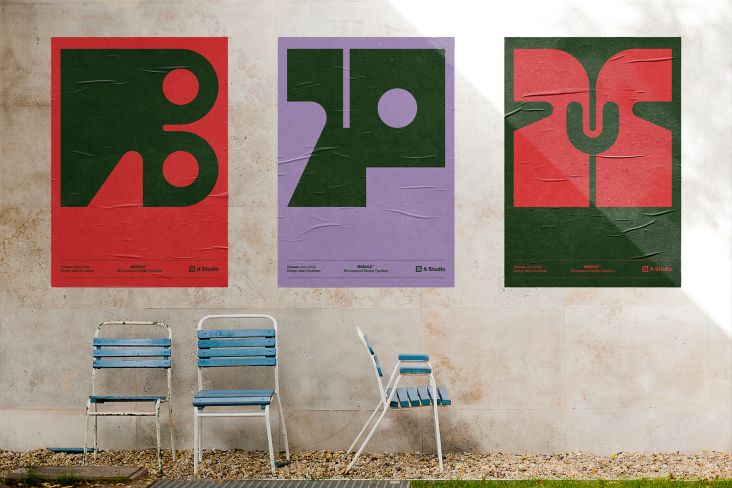
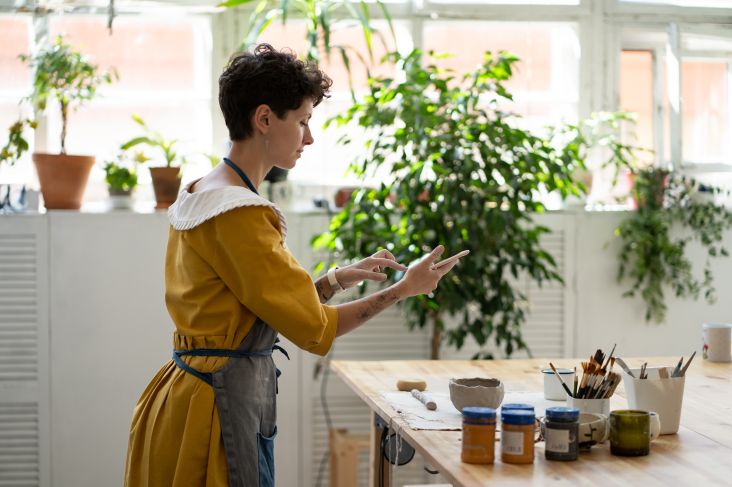
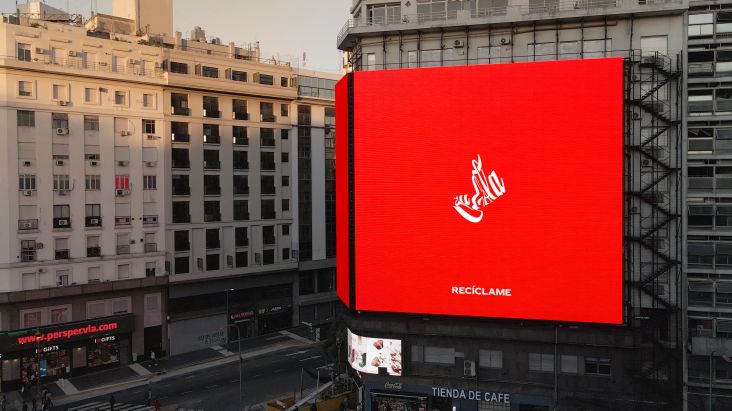
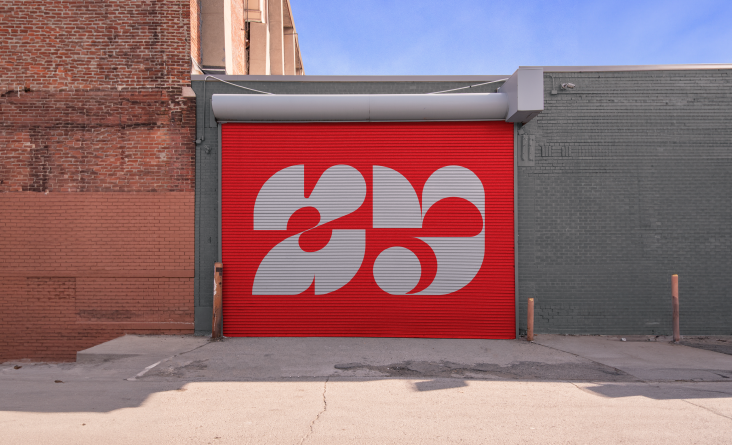
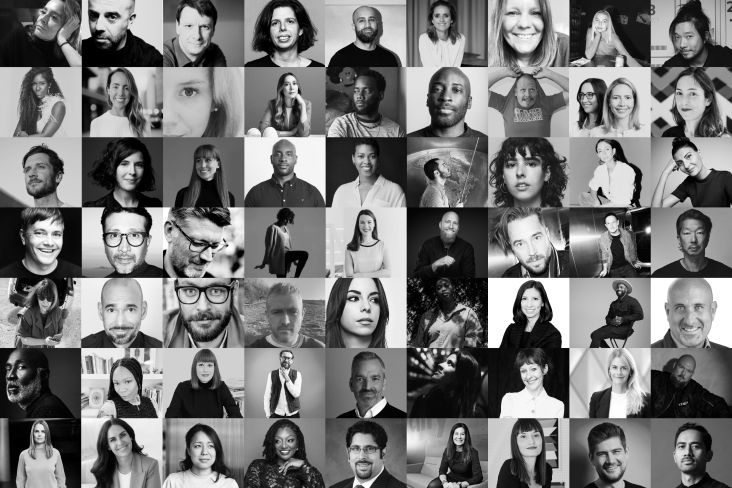
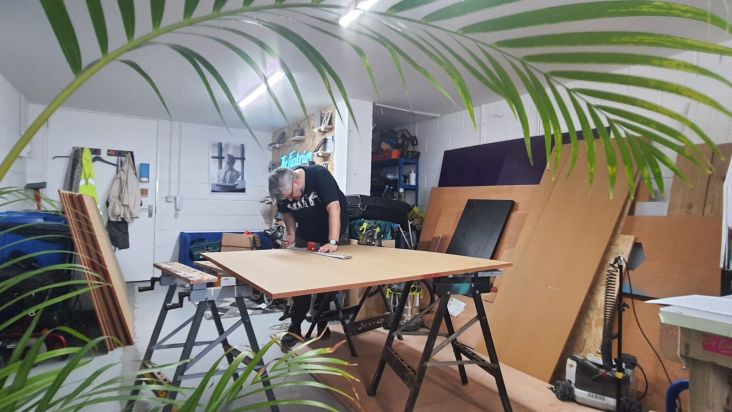
](https://www.creativeboom.com/upload/articles/86/862919952c0ad18439004228895a431dc6e45ffc_732.jpg)
